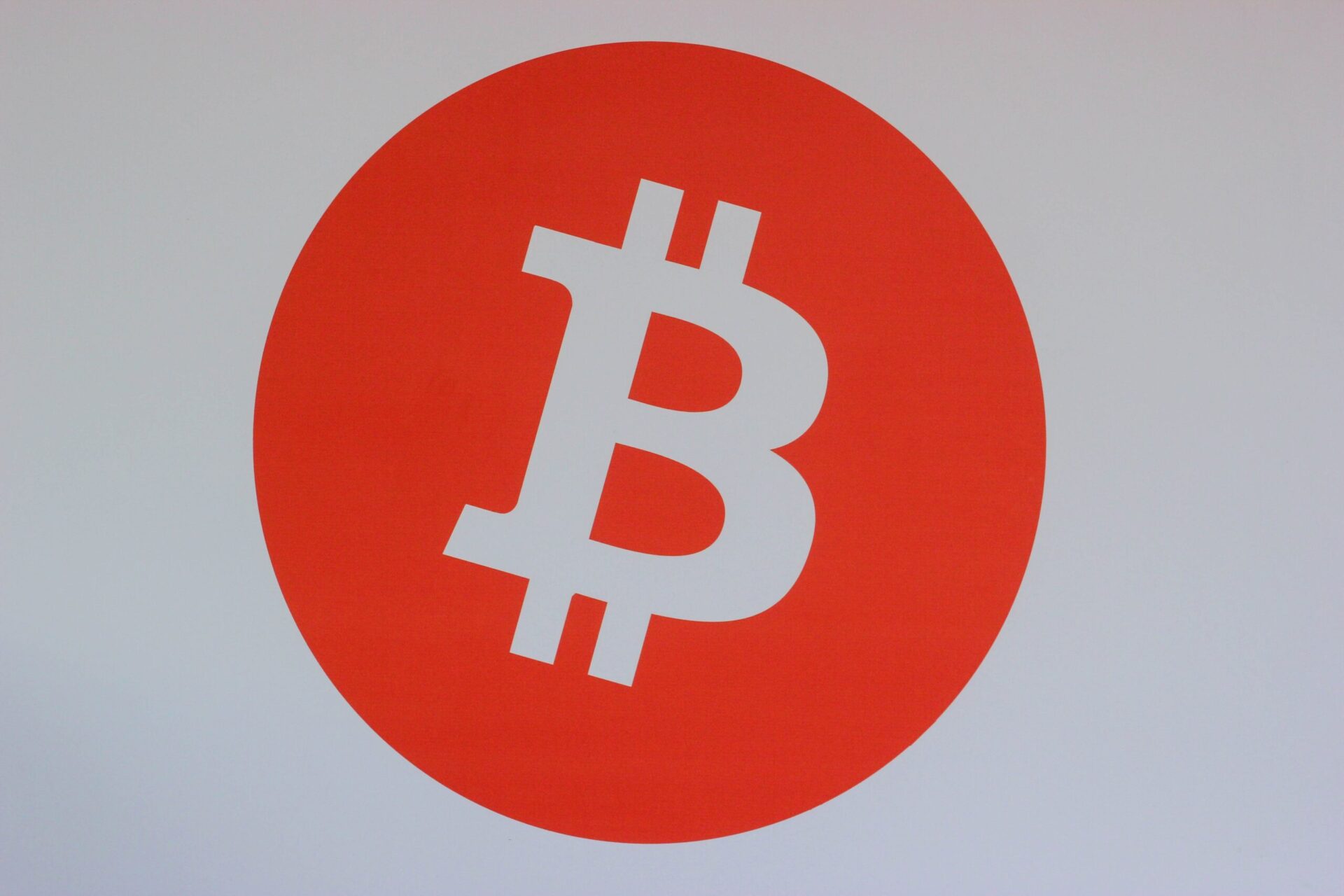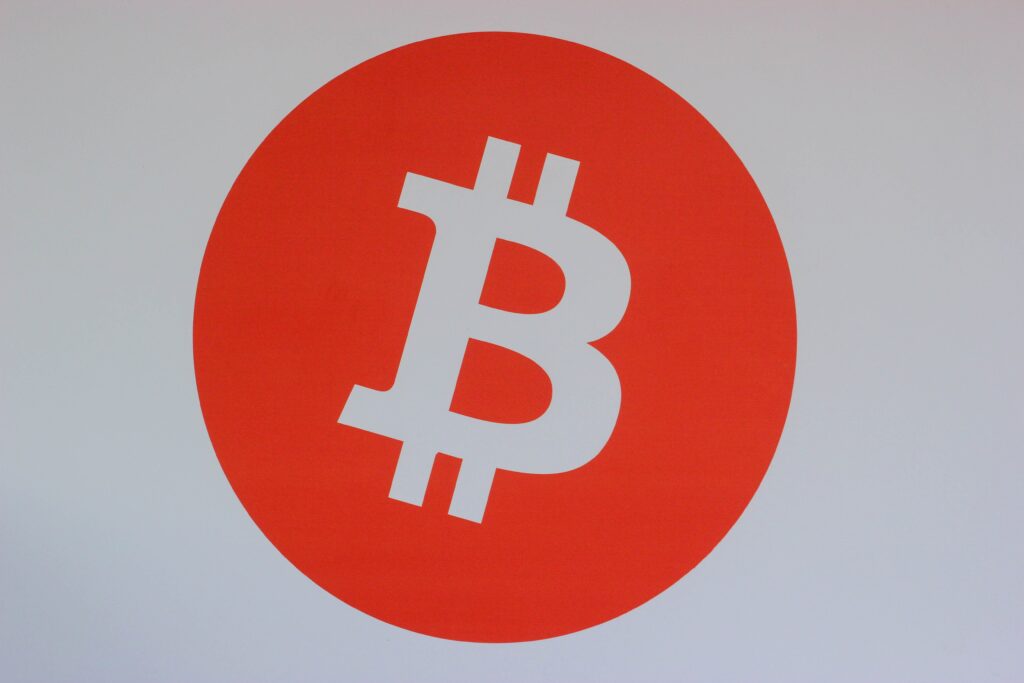Cryptocurrency Security Best Practices: Safeguarding Your Digital Assets

Cryptocurrency security best practices has gained significant popularity in recent years, attracting both investors and tech enthusiasts alike. However, the growing interest in cryptocurrencies has also brought about increased security risks. You’ve probably read it already: Crypto Arbitrage Opportunities : Exploring Lucrative Comprehensive Guide. As digital assets become more valuable, it becomes crucial to implement robust security measures to protect them from potential threats. This article will explore the best practices for cryptocurrency security, helping you safeguard your digital wealth.
See also : Exploring Ethereum-based NFT Platforms: Revolutionizing the Digital Collectibles Market Excellent

I. Choosing a Secure Wallet
The first step in ensuring Cryptocurrency security best practices is selecting a secure wallet. Wallets come in various types, including hardware, software, and paper wallets. Each has its own advantages and considerations. When choosing a wallet, factors such as security features, reputation, and ease of use should be carefully evaluated.
II. Implementing Strong Passwords and Two-Factor Authentication Cryptocurrency Security Best Practices
One of the fundamental aspects of Cryptocurrency security best practices is using strong passwords. Weak passwords can make your digital assets vulnerable to hacking attempts. It is recommended to create complex, unique passwords that include a combination of uppercase and lowercase letters, numbers, and special characters. Additionally, enabling two-factor authentication (2FA) provides an extra layer of security by requiring a second verification step.
III. Keeping Software and Devices Updated
Regularly updating your software and devices is critical in maintaining Cryptocurrency security best practices. Developers often release updates to patch vulnerabilities and strengthen security measures. By staying up to date, you reduce the risk of falling victim to known security flaws. This applies not only to wallet software but also to firmware updates for hardware wallets.
IV. Using Cold Storage and Offline Wallets
Cold storage refers to keeping your cryptocurrency offline, away from potential online threats. Hardware wallets, paper wallets, and other forms of offline storage provide enhanced security by isolating your private keys from the internet. Cold storage minimizes the risk of hacking and protects your assets even if your computer or smartphone is compromised.
V. Employing Multi-Signature Wallets Cryptocurrency Security Best Practices
Multi-signature wallets add an extra layer of security by requiring multiple signatures to authorize transactions. This means that no single person can access or transfer funds without the approval of multiple designated individuals. Implementing a multi-signature wallet helps safeguard against unauthorized access and fraudulent activities.
VI. Being Cautious with Public Wi-Fi and Online Interactions
Using public Wi-Fi networks can expose your cryptocurrency transactions to potential hackers. These networks are often unsecured, allowing malicious actors to intercept sensitive information. It is advisable to avoid conducting cryptocurrency transactions or accessing your wallets while connected to public Wi-Fi. Additionally, exercise caution when interacting online, avoiding suspicious websites and refraining from clicking on unknown links.
VII. Conducting Due Diligence in Selecting Exchanges
Choosing a reputable and secure cryptocurrency exchange is essential to protect your digital assets. Conduct thorough research on an exchange’s security measures, reputation, and history of security incidents. Consider factors such as asset protection and insurance policies provided by the exchange to ensure the safety of your funds.
VIII. Regularly Backing Up Wallets and Private Keys
Regularly backing up your wallets and private keys is crucial in case of hardware failure, loss, or theft. Losing access to your private keys can result in permanent loss of your cryptocurrency. Implement a secure backup strategy by using encrypted external storage devices or cloud services. Make sure to store backups in multiple secure locations to mitigate the risk of data loss.
IX. Educating Yourself and Staying Informed
Staying informed about the latest security threats and trends in the cryptocurrency space is vital for maintaining robust security. Follow reputable news sources, blogs, and forums to stay updated on potential vulnerabilities and security best practices. Engage with the cryptocurrency community to learn from experienced users and experts.
Conclusion Cryptocurrency Security Best Practices
Cryptocurrency security best practices is of paramount importance in today’s digital landscape. By implementing the best practices outlined in this article, you can significantly enhance the security of your digital assets. Choose a secure wallet, use strong passwords and 2FA, keep your software and devices updated, utilize cold storage and multi-signature wallets, exercise caution with public Wi-Fi and online interactions, conduct due diligence in selecting exchanges, regularly back up your wallets and private keys, and stay informed about the latest security trends. By taking these steps, you can safeguard your cryptocurrency investments and enjoy peace of mind in the ever-evolving world of digital assets.
And for those of you who want to grow your Instagram account, you can directly use our service free instagram followers and you can like your post on instagram with Free instagram likes







